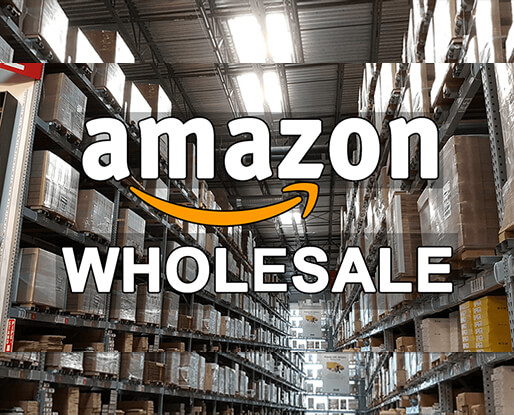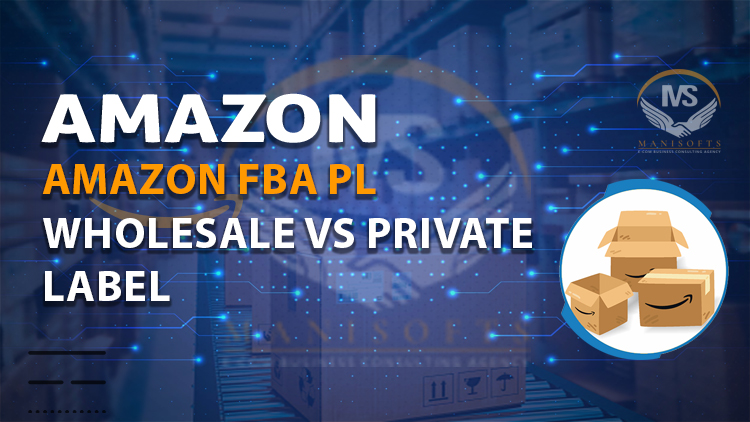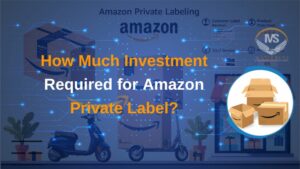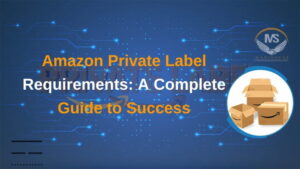Amazon FBA PL – Wholesale Vs Private Label
Amazon wholesale and Amazon private label are the two choices available to merchants through the Amazon FBA programme. Amazon private label sellers must devote more time to building a brand, product listings, and Amazon PPC ad campaigns than Amazon wholesale sellers. Though the advantages of each strategy differ, it is crucial to be aware of your unique demands before selecting one over the other.
Selling on Amazon
Selling on Amazon FBA PL has pros and downsides. However, you should consider your interests, abilities, and resources before deciding which course to take. Make sure you have the funding before making a choice to invest in a wholesale company. Additionally, you need to comprehend the conditions and expenses related to selling on Amazon.
Selling on Amazon FBA wholesale typically requires less capital up front. It is therefore the greatest option for sellers who want to take a hands-off approach. Customer service, packaging, and shipping are all handled by Amazon. To market your company and draw clients, you must also use an advertising plan that incorporates Sponsored Brands, Sponsored Products, and Sponsored Display ads.
Selling on Amazon FBA wholesale typically requires less capital up front. It is therefore the greatest option for sellers who want to take a hands-off approach. Customer service, packaging, and shipping are all handled by Amazon. To market your company and draw clients, you must also use an advertising plan that incorporates Sponsored Brands, Sponsored Products, and Sponsored Display ads.
Selling on Amazon FBA wholesale implies selling well-known brands, whereas selling on Amazon FBA private label requires customising a white-label product to create your own brand. Private labelling offers a significant potential for financial gain, but it also demands more work from you. The benefits of this kind of business are substantial, though. It can give you a consistent income while allowing you to concentrate on developing yourbrand and making money.
Advantages of starting a wholesale brand over a private label one
Even if starting a private label brand can be profitable, the margins are not as large as those of an Amazon wholesale operation. Selling well-known brands that are promoted to Amazon customers is what the former entails, whilst creating your own brand out of a white label product is what the latter entails. Both companies, however, have benefits and drawbacks.
You must build a strong brand foundation if you want to flourish on Amazon wholesale management. Your success depends on having a fantastic website, powerful marketing tools, and a strong social media presence. Another efficient strategy for spreading the word about your brand is Amazon advertising.
Additionally, an Amazon FBA wholesale business model enables you to quickly increase the number of products you provide. You can do this with no initial outlay of funds. You may easily increase your inventory as long as you are selling well-known products. Additionally, since you’ll be the sole vendor on your own listing as opposed to a private label brand, you may better bargain for rates

Launching a private label brand has drawbacks.
It takes a lot of money and effort to build a private label brand on Amazon. You must design a compelling listing and persuade customers of the excellence of your goods. After your brand is launched, you must devote a lot of time to marketing it. Additionally, you need to continuously manage your inventory, improve yourlistings, and deliver top-notch customer support. Furthermore, Amazon FBA costs typically consume at least 15% of your income.
There are many benefits to launching a private label brand on Amazon. You are given more agency as a result, to start. This strategy is advantageous for novice sellers who lack extensive marketing expertise. With this model, you can begin going right away and make a tonne of money quickly. Second, you can sell your own products using Amazon’s wholesale model with reduced minimum order amounts and unit numbers. Thirdly, you have additional price flexibility. Private label selling prices are governed by Amazon’s wholesale pricing policy.
It is difficult to establish a private label brand on Amazon. To make sure your products are always available, you must develop a productive inventory automation system. Additionally, you will need to cope with rivalspeople might purchase comparable goods and give your brand negative feedback. Even while these events are uncommon, they do happen and they can be quite expensive.
Launching a private label brand is expensive.
Although creating your own private label brand on Amazon can be difficult, there are a lot of advantages. Establishing your own brand in this way allows you to do it without having to deal with the bother of handling production, transportation, and customer service. You can also sell goods under your own brand using this technique without worrying about rivalry. However, it’s crucial to remember that creating your own Amazon brand takes a considerable financial commitment. Additionally, you need to confirm that you can locate a trustworthy supplier and an excellent product to sell.
The next step is to locate a manufacturer after choosing the ideal niche for your business. Once you have located a producer, ityour Amazon private label brand should be introduced. However, it is best to first conduct market research before choosing a manufacturer to enter.




